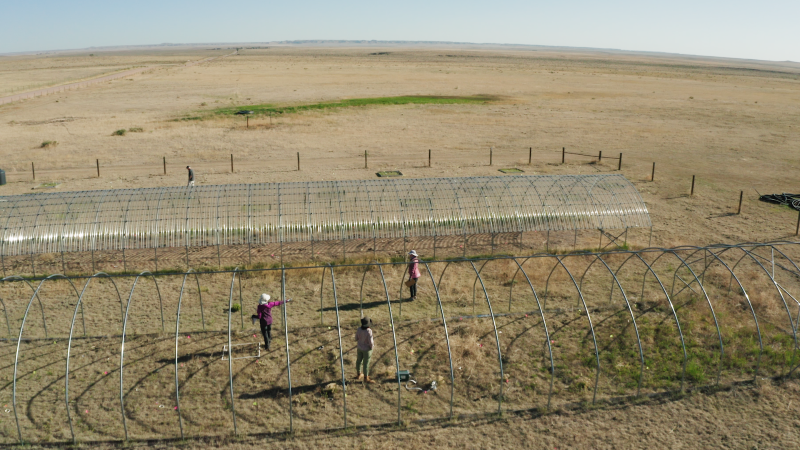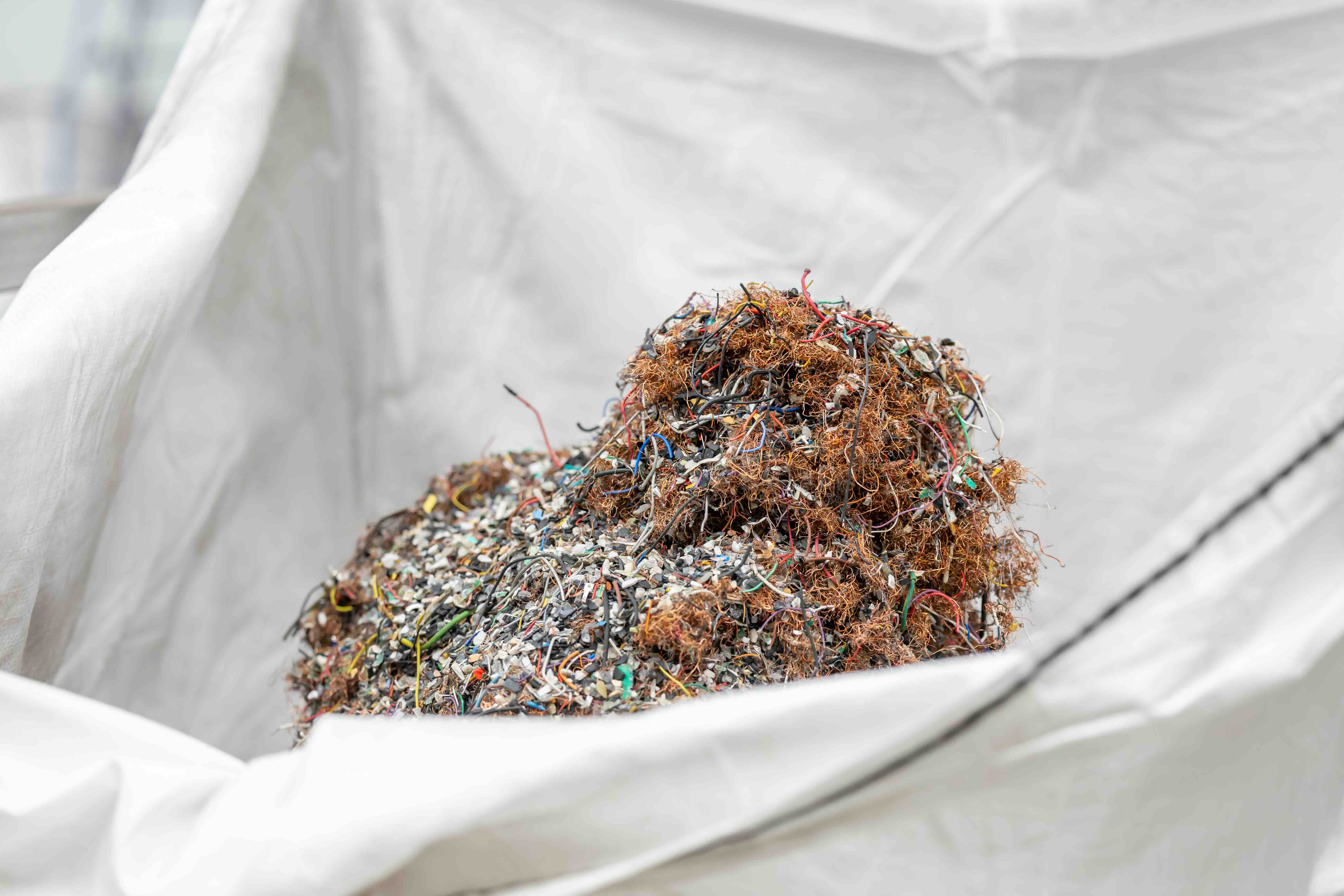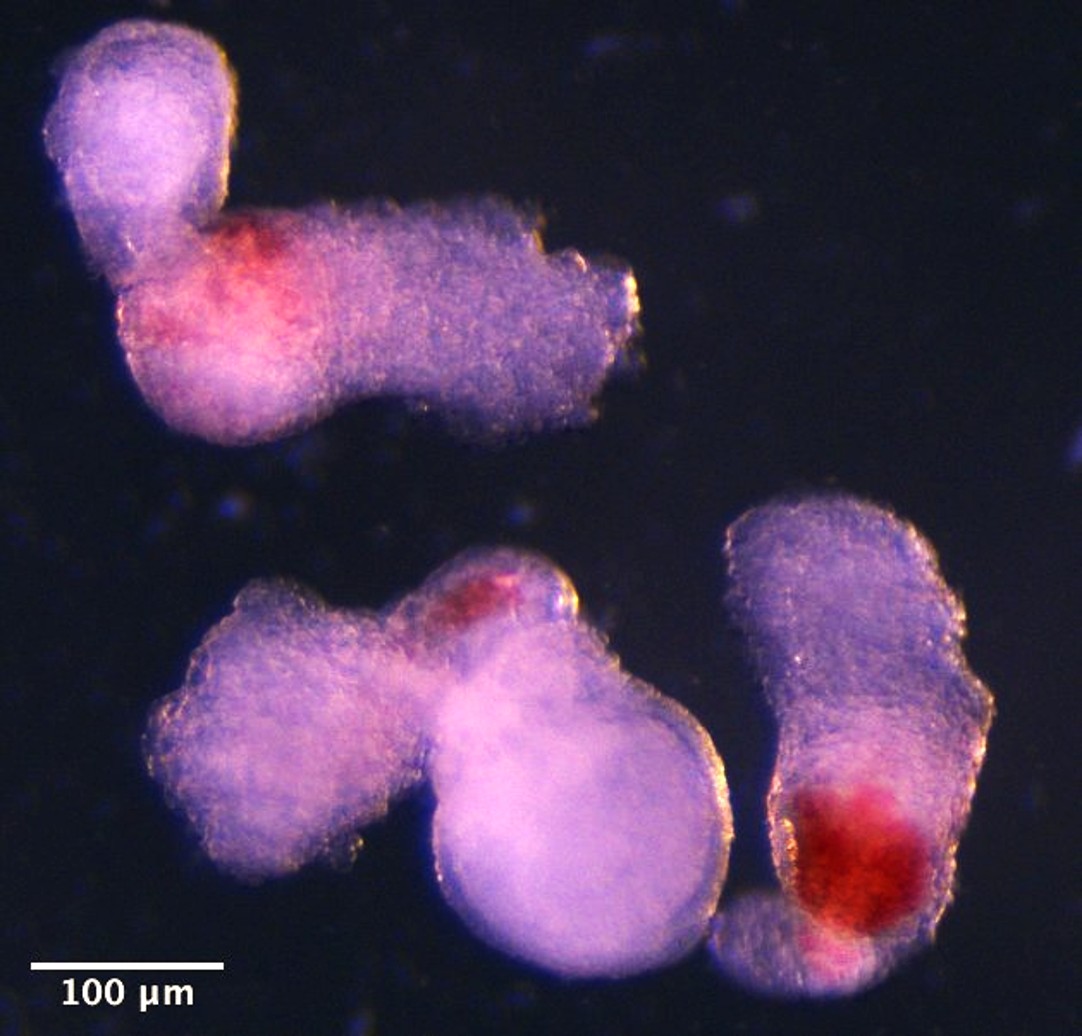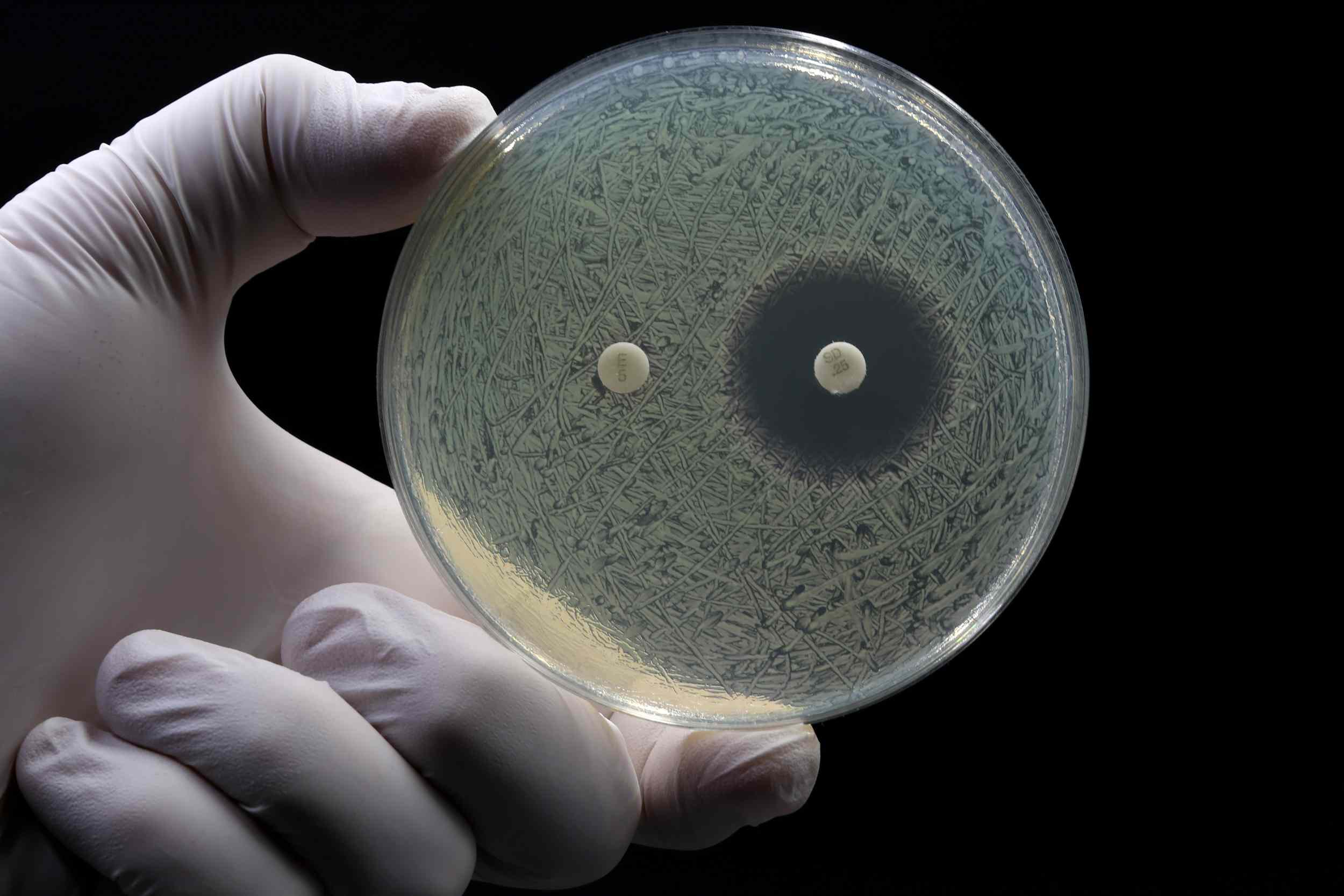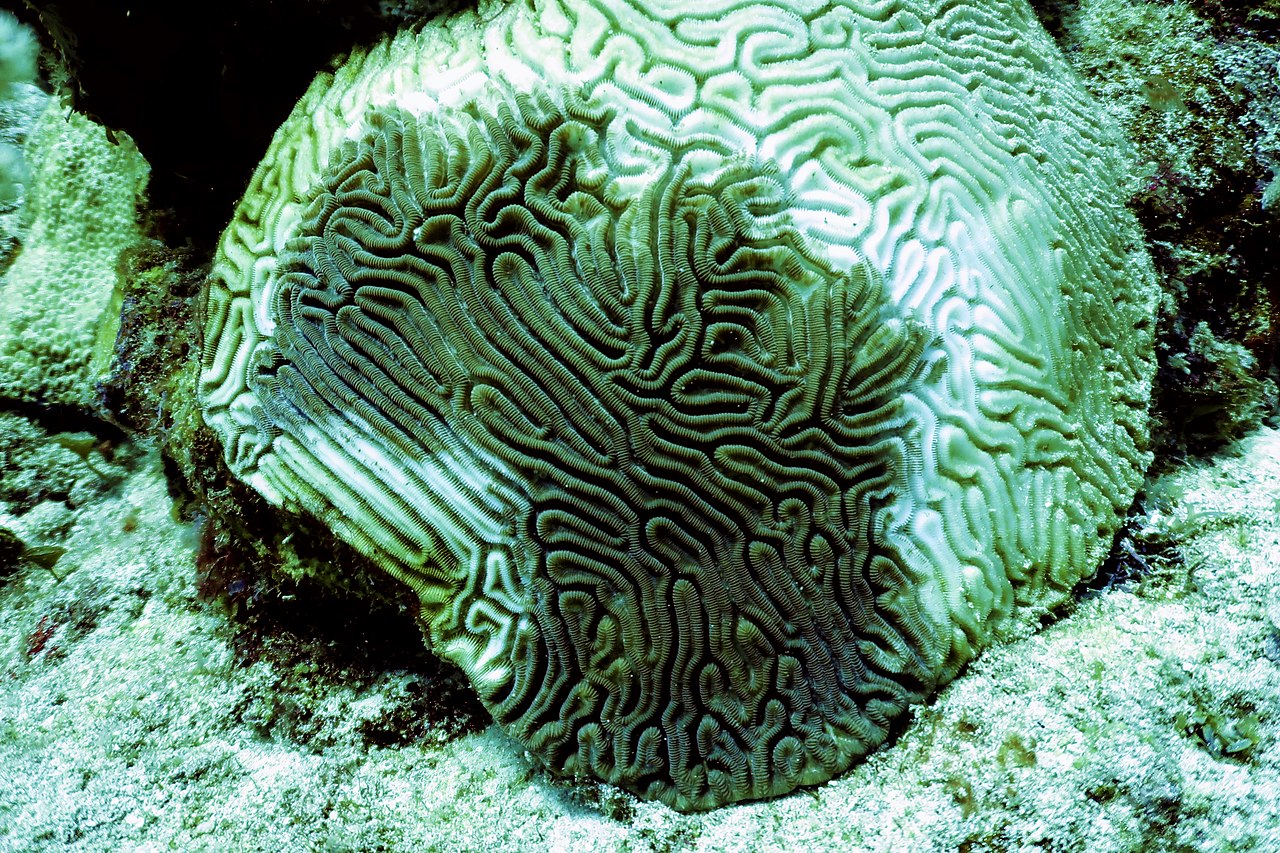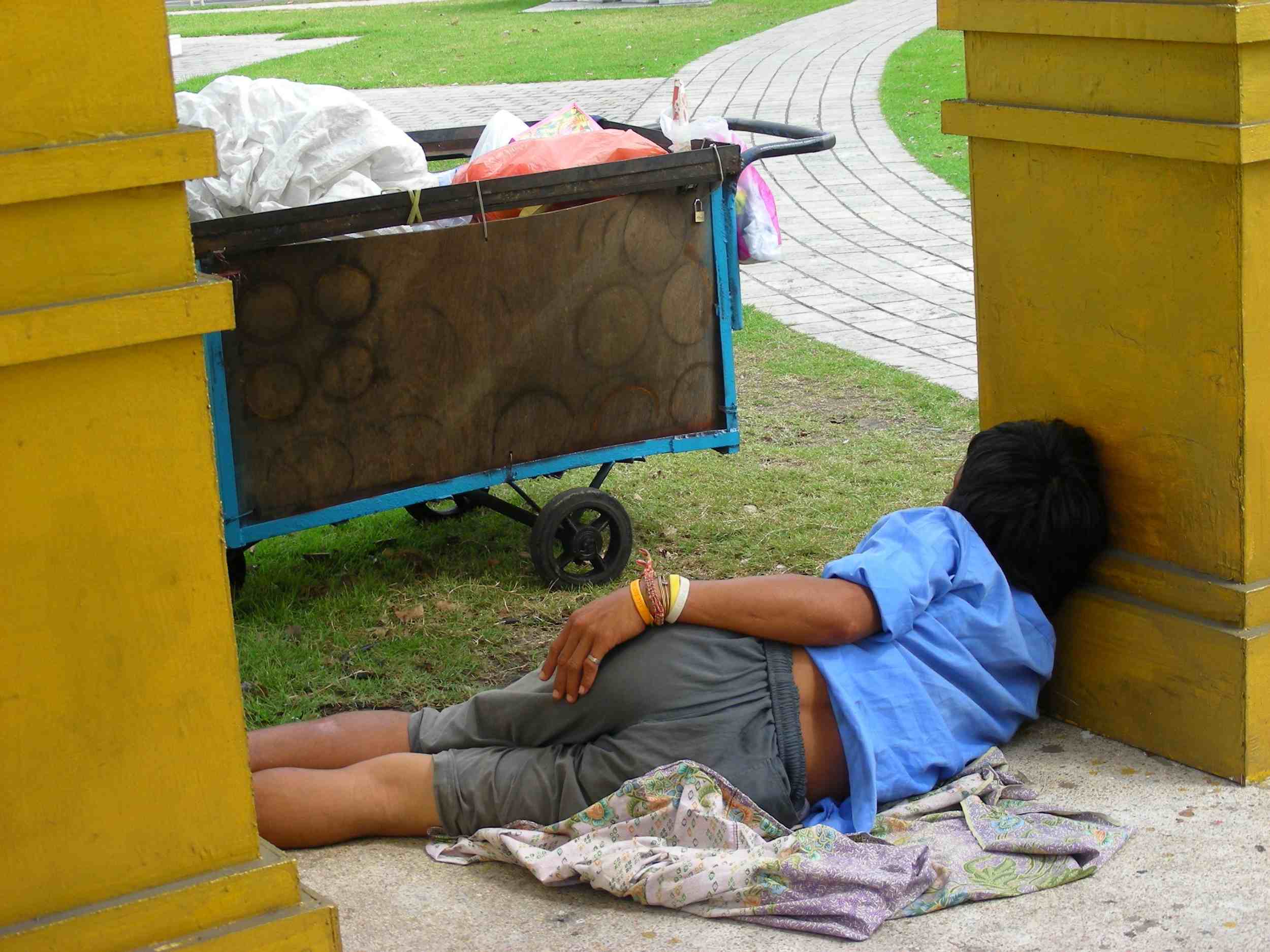They are organising the first scientific conference with AI systems as authors and reviewers
A research group at Stanford University (United States) has organised the first academic conference in which artificial intelligence (AI) tools serve as both authors and reviewers of scientific articles. Called Agents4Science 2025, the conference will take place on 22 October.

